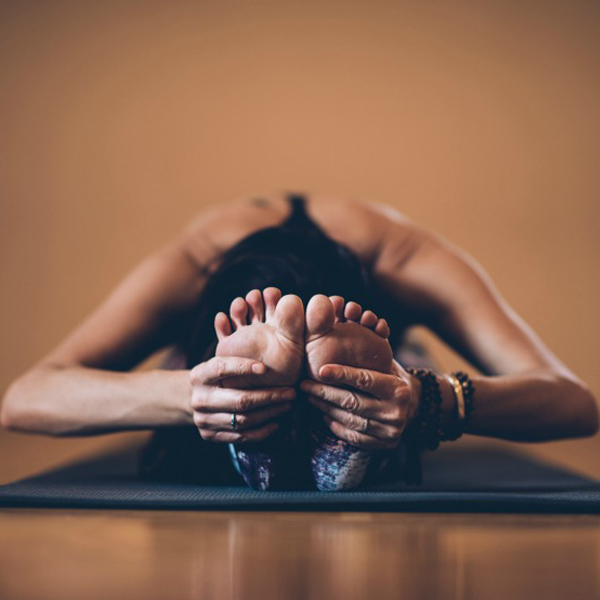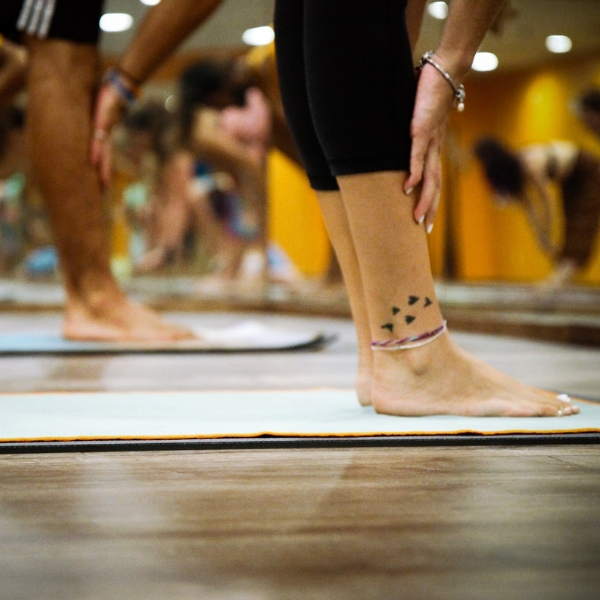05 Jun Experiencing Difficult Emotions

By Dr. Rebecca Andrews (TCM) | This article first appeared on Cloud Gate and is reproduced with permission
We all have trouble dealing with our emotions sometimes.
Feelings that come up can have all sorts of stories attached to them. Stories we don’t like, feelings we don’t want to experience. We hide what we feel, ignore it, feel shame and guilt about it, lie about it or blame other people for causing difficult emotions in us.
We also crave certain emotions that are considered positive: we want to grasp on to them, get addicted and attached to things, people and places which generate that emotional feeling. This attachment to certain emotions can motivate our behaviour and make us feel out of control. When it comes to emotions, perhaps we never really grew up.
DIFFICULT EMOTIONS AND CHINESE MEDICINE
Our feelings and thoughts have a somatic expression (a response in the body).
The Chinese mapped these body responses and attributed them channels. They also discovered which organs get affected by different emotions. Within a Chinese medicine framework, feelings are considered natural and necessary with their own unique wisdom, insight and character. Emotions begin to be considered pathogenic (a cause of disharmony or illness) when the mind judges, controls, distorts, represses or suppresses these raw feelings. When the mind becomes involved in a controlling manner, it can stagnate the energetic momentum that contains the feeling. This is why, when you start to move that blocked energetic momentum and relinquish mind control in practices such as acupuncture, massage, breath work or yoga, spontaneous emotional release can occur.
Our mind is heavily influenced by our conditioning – by our family, sub-culture and societal values. By our past experiences, by our associations. We create defence mechanisms to get through, to avoid pain and to keep ourselves together psychologically. I call these mechanisms the gatekeepers or the bodyguards. They are so important and they do great work… until they don’t. We outgrow them, but we don’t update their job description and they start to cage us in and block healthy intimacy in relationships. That’s where the stagnation can really start to affect your health and happiness.
EMOTIONAL STAGNATION
Emotional stagnation can lead to physical and mental ill health. It can keep you trapped and stunt your growth, maturity and intelligence. The basis of emotional stagnation usually has to do with fear and control – fear of experiencing something that will overwhelm you and make you lose control. The way to deal with that fear is to wake up to the very nature of emotion. That is, emotions are changeable. Often within milliseconds. The latin root of the word emotion means “to move”. Left to their own devices without interference by mind, emotions rapidly change. It is the control, repression, suppression and stories we attach to emotions that causes them to stagnate or to identify with the story so much that the denial of our emotions becomes part of our personality.
HOW TO LOSE THE FEAR OF DIFFICULT EMOTIONS
So how do we wake up and lose the fear?
1) Understand the nature of Mind
2) Understand the nature of feelings
The penny-dropping insight, the big A-ha, is realising that both Mind and emotion BY THEIR NATURE are impermanent, transient and are in a process of change. This means that mistakenly identifying them as fixed, permanent or part of yourself is fundamentally futile.
If you wake up to this reality, then you can really get to the root of what is causing you pain.
What allows our feelings to transform and continue on their merry (or raging) path is recognition or acknowledgement.
Acknowledgement. Not by someone outside of you. By your own heart. If you are busily committed to avoiding or ignoring your emotional truth, it takes a whole lot of energy, effort and mind control.
SHEN REALISATION AND DIFFICULT EMOTIONS
The Chinese called the cognitive part of our mind, the streams of consciousness, the planning, the thinking, the processing etc the Yi.
The part of our consciousness that is beyond Mind, the consciousness you’ve had since within the womb (my working title is the embryological mind), the consciousness or awareness that is there beyond the thoughts, in between the thoughts – they call that Shen. Instead of bombarding you with concepts of Shen (for which there really are no words), the Chinese – being an insanely practical culture – focused on Shen realisation. They then developed methods for people to practice and guide them to Shen realisation. Shen realisation is the mother of all insights (and a different blog post) and is what reorientates you on your path. Shen realisation is awareness of our most primary nature. It is what can really reframe our sense of identity and make it a whole lot easier to see the ‘stories’ we’ve created in regards to our emotions and our emotional blocks. Shen realisation is the goal of treatments like acupuncture. It’s like the diamond or pure awareness hiding under the rough of all the misunderstandings of our self. We all have diamond (pure awareness) and we all have rough (not pure awareness). The degree and impact of the ‘rough’ is very individual – it’s very human stuff. Viewing yourself with gentle eyes and suspending judgements long enough to listen to your heart can lead to liberation and wisdom.
HOLDING SPACE FOR YOUR DIFFICULT EMOTIONS
This is a practice. Holding space means setting an intention for your mind to suspend judgement of yourself and sit, listen and feel into your heart and your body and find your truth – regardless of whether what you find is unacceptable or contrary to your social values, regardless of whether you like it or not.
The steps below describe a really easy way to hold space for yourself and this is the way I like to do it. You could do this just about anywhere, or use it as a regular practice. The acupuncture table is an optimal place for holding space for yourself.
- I sit in meditation or lie down with one hand over my heart, the other on my belly.
- I set my intention that for just this 20 minutes I will maintain concentration and suspend my usual judgements, stories, avoidance, clinging and all the rest and be kind to those disenfranchised parts of my self.
- I visualise my self sitting in my heart, by a campfire wrapped in a blanket.
- I listen and wait to see, hear or feel what appears. That which has been hiding, drowned out, unseen, not felt, denied. I wait gently for these parts of myself to reveal themselves.
- I then relax my body, soften and acknowledge what shows up. My truth.
- This is where the wisdom seeps in, the A-ha moments show up. Accepting what is my truth does set me free.
- I then take rest in pure awareness knowing that all else is impermanent, by nature will change and to identify or hold onto it is futile.
- I exhale and let go.
Want to learn more about holding space for yourself?
Join Dr Rebecca and Ruby for our Stillness: Yin Workshop this month at Power Living Fitzroy.



